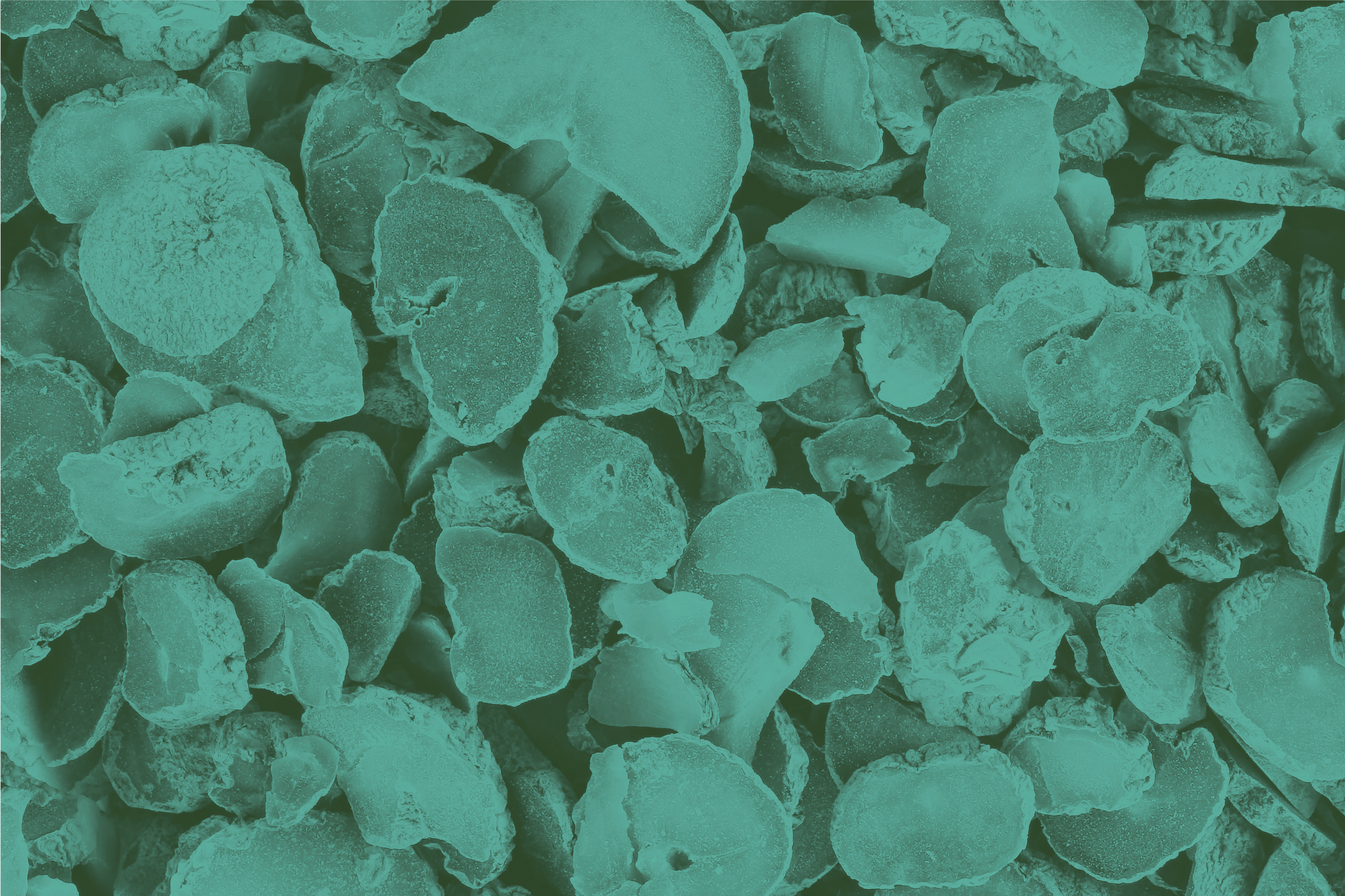You can search for courses, events, people, and anything else.
Are you experiencing cancer-related pain?
A new study is testing whether remote delivery of mind-body exercise (Baduanjin) is a feasible home-based program for people experiencing cancer-related fatigue.
What is Baduanjin?
Baduanjin is a mind-body exercise like Tai chi. It involves a set of eight gentle exercises coordinating physical movement with focusing the mind and controlled breathing patterns. It is a low impact and low intensity intervention to assist people who cannot otherwise participate in standardised exercise interventions and can be undertaken at home or any location of a person’s choosing.
What is cancer-related fatigue?
Cancer-related fatigue is a persistent, subjective sense of physical, emotional and/or cognitive tiredness or exhaustion related to cancer or cancer treatment, and which interferes with a person’s everyday usual functioning in life. It is a fatigue that is less likely to be relieved by rest or sleep. It can affect a person’s quality of life. Studies have shown that low-intensity to moderate mind-body exercise of various forms can help relieve the severity and persistence of cancer-related fatigue. This study will help understand the acceptability of this exercise for people with cancer-related fatigue.
About our study?
The purpose of this research is to examine a mind-body exercise Baduanjin for the management of cancer-related fatigue.
This study is a 10-week program and has been designed so the exercise instruction can be guided remotely, over the internet using Zoom and supported with pre-recorded instructional videos. You can participate even if you live in a rural or remote location. This means the exercise can be done in your home, or at a convenient location. As a participant, you will need access to a computer with internet access, smartphone, email, and camera (on either device).
If you are interested and would like to discuss with a team member whether the study is suitable for you, contact our primary investigator at:







